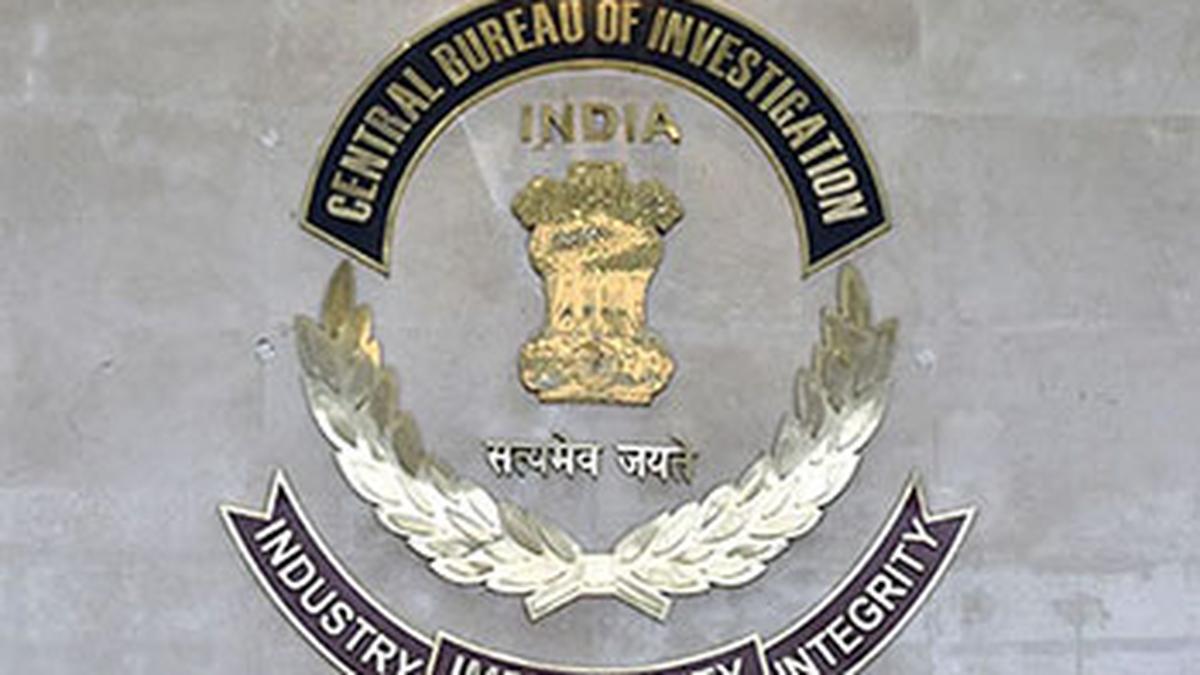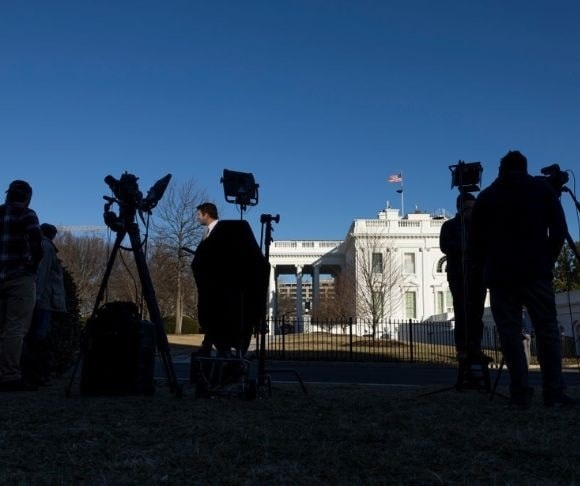Rich Polk/Getty Images Entertainment
Microsoft (NASDAQ:MSFT) is complaining about the influence of videogame console rival Sony (NYSE:SONY) on UK regulators, as the country’s competition watchdog publishes the full text of its decision to give a phase 2 probe to Microsoft’s proposed $69B acquisition of Call of Duty maker Activision Blizzard (NASDAQ:ATVI).
That decision “incorrectly relies on self-serving statements by Sony which significantly exaggerate the importance of Call of Duty to it and neglect to account for Sony’s clear ability to competitively respond,” Microsoft said.
The UK’s Competition and Markets Authority simply adopted Sony’s complaints without an “appropriate” critical review, Microsoft said, adding that Sony’s PlayStation has been dominant for more than 20 years and that it wasn’t credible that that dominance would be challenged by losing access to one game title.
(That title, though, is a perennial best-seller with its annual holiday release. Call of Duty (ATVI) has become the most successful U.S.-born videogame franchise after selling hundreds of millions of copies; and the top-selling game of 2021 was Call of Duty: Vanguard, just ahead of 2020 release Call of Duty: Black Ops Cold War.)
“After examining a range of evidence, the CMA believes that the Merger meets the threshold for reference to an in-depth phase 2 investigation, giving rise to a realistic prospect of a substantial lessening of competition in gaming consoles, multi-game subscription services, and cloud gaming services,” the CMA concluded in its decision.
Videogaming is the UK’s largest revenue-generating form of entertainment, the CMA says – bigger than pay TV, home video/streaming, cinema, music or books – and combining Microsoft with Activision Blizzard is a “game-changing merger” that also encapsulates World of Warcraft and Candy Crush Saga.
“The CMA is concerned that having full control over this powerful catalogue, especially in light of Microsoft’s already strong position in gaming consoles, operating systems, and cloud infrastructure, could result in Microsoft harming consumers by impairing Sony’s — Microsoft’s closest gaming rival — ability to compete as well as that of other existing rivals and potential new entrants who could otherwise bring healthy competition through innovative multi-game subscriptions and cloud gaming services,” the watchdog said.
















